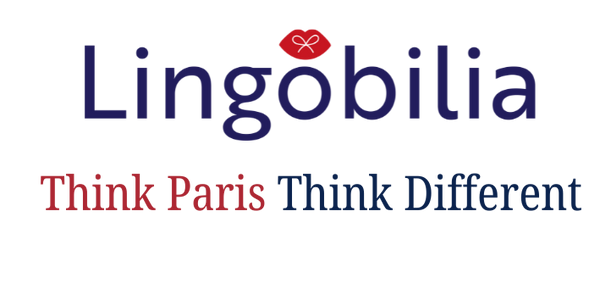Verlan, a distinct form of slang in France, has become an integral part of the country's urban culture and language. This linguistic phenomenon involves the inversion of syllables in words, resulting in a playful and often cryptic language style. In this article, we will delve into the origin of verlan, explore its cultural significance, and provide examples of verlan words and their English translations. By understanding the roots of verlan, you will gain insights into the unique linguistic tapestry that shapes modern French society.

Origins and Historical Context:
Verlan emerged in the 19th century as a secret language used by criminals and outcasts in the seedy neighborhoods of Paris. Its purpose was to create a code that would confuse authorities and maintain a sense of secrecy among its speakers. Over time, verlan expanded beyond its criminal origins and permeated various social groups, evolving into a vibrant aspect of French urban culture.

Verlan's Linguistic Structure:
The defining characteristic of verlan is the inversion of syllables in a word. For example, the word "femme" (woman) becomes "meuf" in verlan. This inversion can occur with one or more syllables, resulting in words that are often unrecognizable to those unfamiliar with the language style. The transformed words can then be further incorporated into everyday speech, adding a touch of subversiveness and exclusivity to conversations.

Verlan in Popular Culture:
Verlan's influence extends beyond the spoken language and has seeped into French popular culture. It has found its way into music, particularly in rap and hip-hop genres, where artists use verlan words and expressions to add a distinctive rhythm and flair to their lyrics. Verlan has also made appearances in literature, films, and even advertising campaigns, further solidifying its place in contemporary French society.
Verlan Examples and Translations:
To provide a glimpse into the world of verlan, here are a few examples of verlan words and their English translations:

"Flic" (cop) becomes "keuf"
"Beur" (slang for a person of North African descent) becomes "rebeu"
"Merci" (thank you) becomes "cimer"
"Bonsoir" (good evening) becomes "soirbon"
"Mec" (guy) becomes "keum"
Sociolinguistic Significance:
Beyond its playful nature, verlan has a sociolinguistic significance in France. It serves as a form of cultural identity and solidarity among certain social groups. Verlan allows speakers to create a sense of belonging and establish a shared cultural code that differentiates them from the mainstream. However, it is worth noting that verlan remains an informal and occasionally controversial language style, as some argue that it perpetuates exclusionary practices and undermines the clarity of communication.

